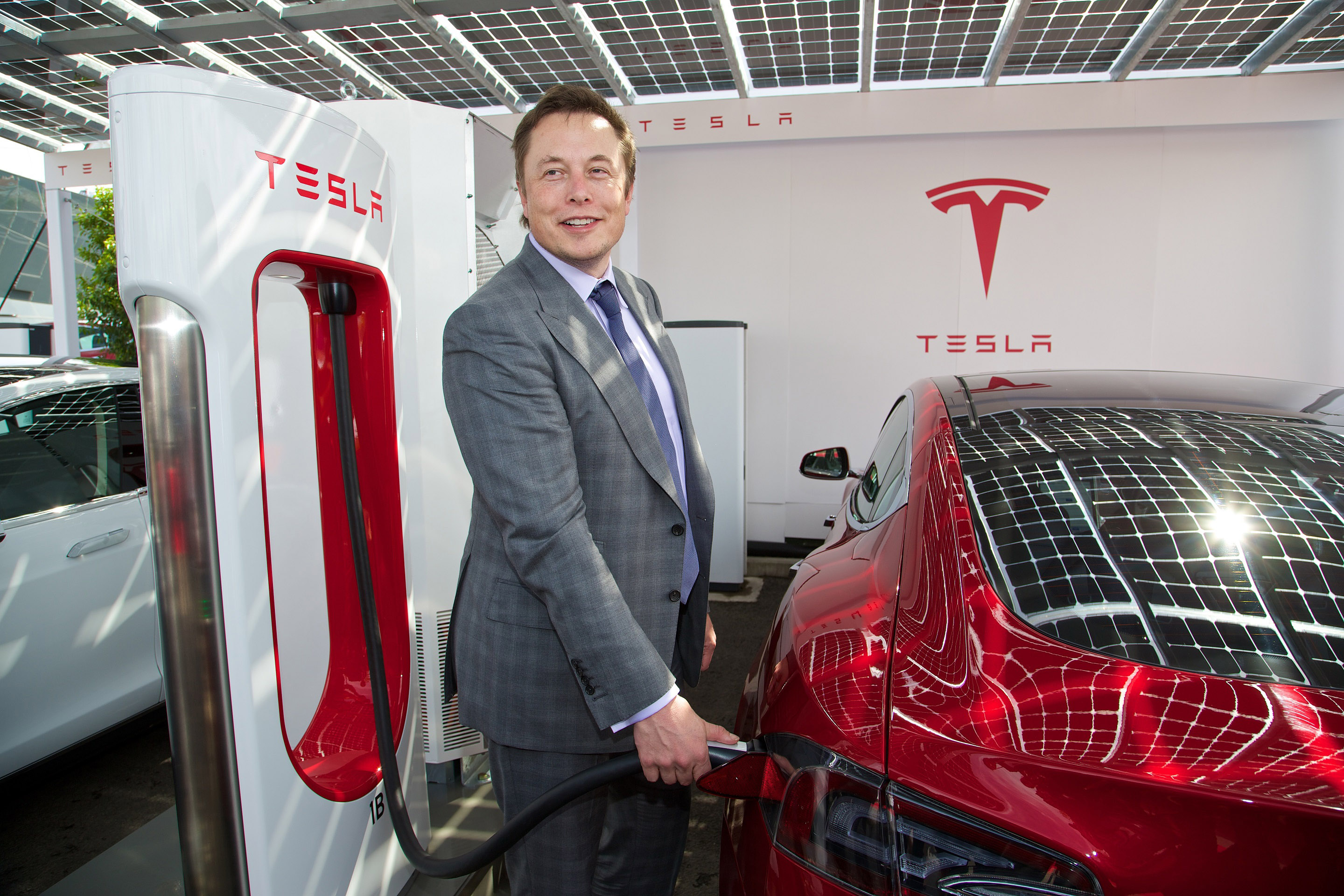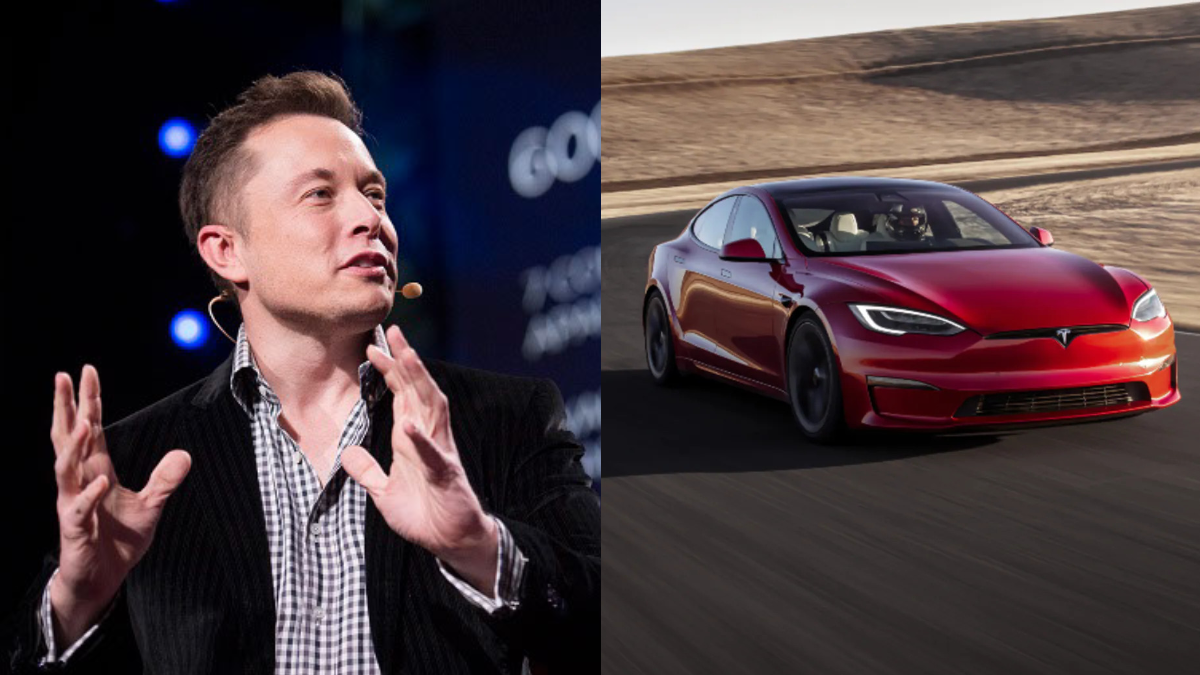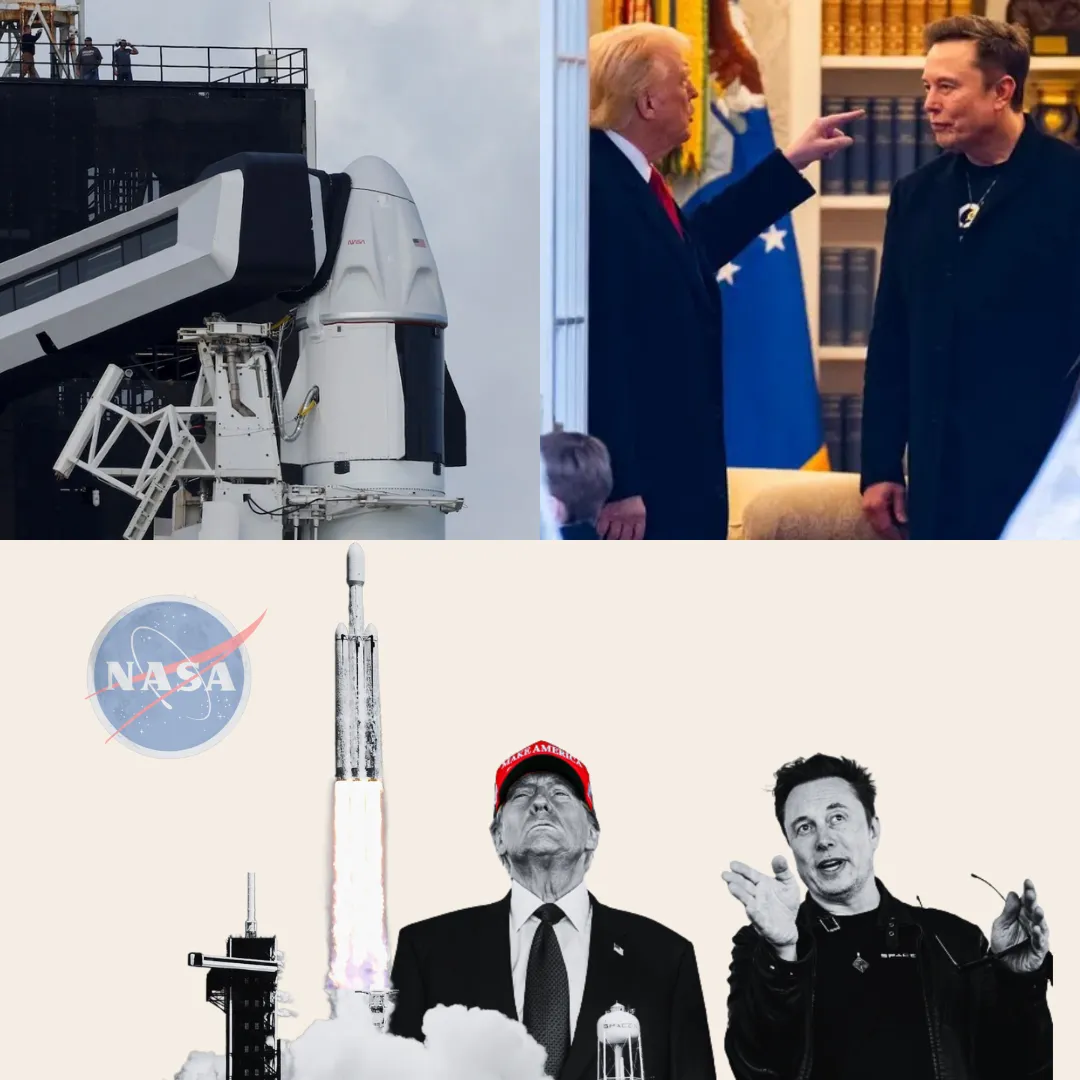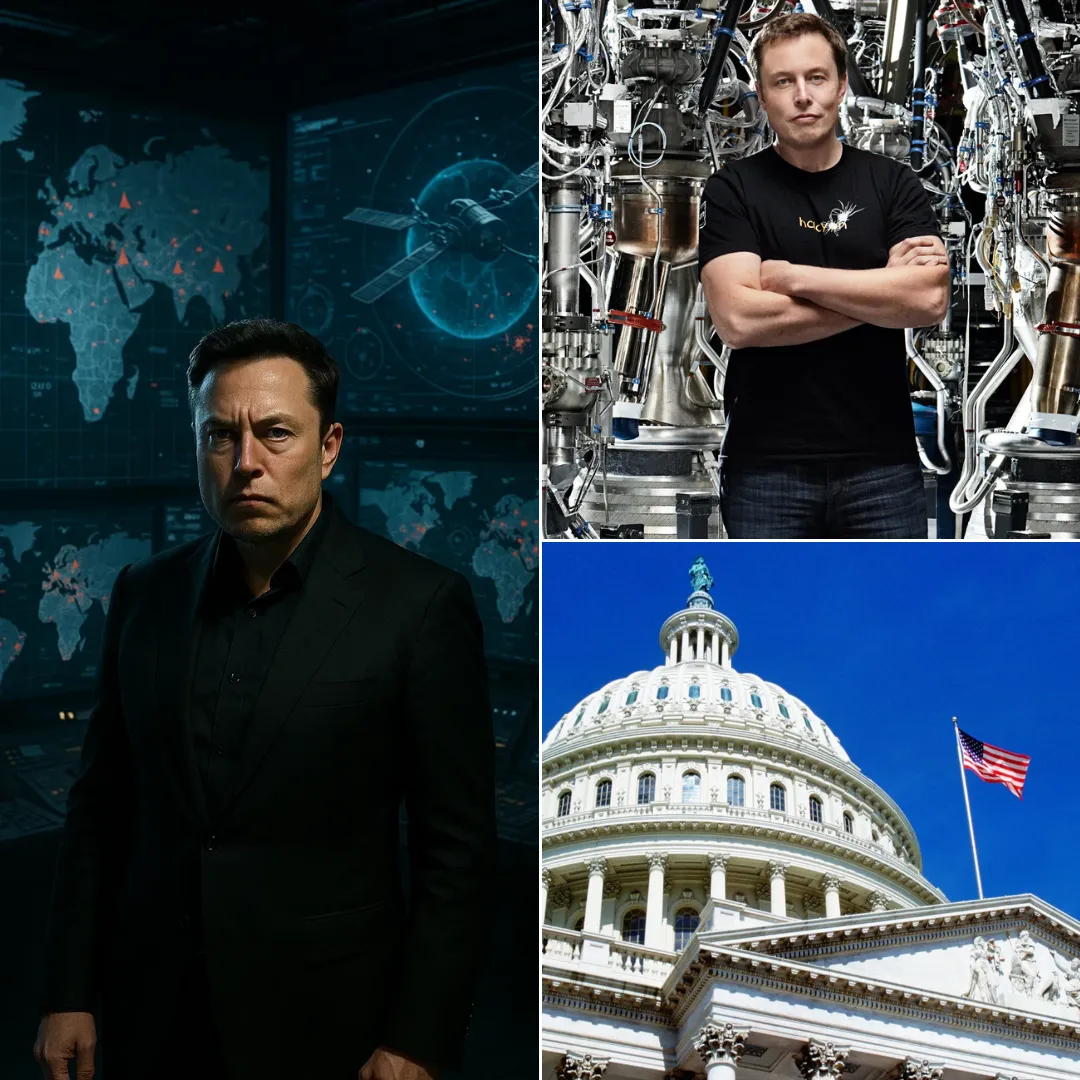Tesla’s stock is facing significant turbulence as June begins with a noticeable loss. The electric vehicle giant, led by CEO Elon Musk, is grappling with an array of challenges that have caused its stock to plummet.
On June 4, Tesla shares dropped by 3.5%, closing at $332.05, marking a substantial 32% decline from its 52-week high of $488.54 in December 2024. This sharp downturn raises questions about the company's future performance and its ability to maintain its leadership in the rapidly growing electric vehicle (EV) market.
Analysts and investors are becoming increasingly concerned as multiple factors converge to affect Tesla’s bottom line. The driving forces behind Tesla’s stock slump are multifaceted, combining poor sales in critical markets, internal executive actions, and the ongoing impact of Musk’s controversial political affiliations.
This convergence of negative events has led to increased scrutiny of the company’s financial health and long-term prospects. One of the key issues affecting Tesla is the slowdown in sales, particularly in Europe, a crucial market for the company’s growth.

Sales in Tesla’s key international markets have significantly decreased, with Europe showing some of the most alarming figures. In France, Tesla deliveries dropped by 67% in May 2025 compared to the previous year.
For the first five months of the year, sales were down 47%, a staggering decline from 15,685 units to just 8,277. This dramatic drop is compounded by the overall decline in French vehicle deliveries, which decreased by 12.3% in May. The situation in Europe has become so dire that Tesla’s market share in the region has shrunk drastically.
From holding 1.3% of the market a year ago, Tesla’s share now stands at a mere 0.7%. This declining performance in Europe is a clear sign that Tesla is losing ground in what has traditionally been one of its strongest markets.
The reasons behind this decline are complex. While the increasing competition from traditional car manufacturers and new EV startups has played a part, there are also broader economic and regulatory factors at play.

Rising energy prices, government subsidies for local manufacturers, and shifting consumer sentiment toward alternative brands are all contributing to Tesla’s struggles in Europe.
As the market matures, consumers are no longer as inclined to pay a premium for Tesla’s vehicles, especially with other manufacturers offering similar electric models at competitive prices.
Compounding Tesla's troubles are internal concerns about the company's financial stability. Tesla’s CFO, Vaibhav Taneja, made two large sales of Tesla stock in early June, offloading approximately $2 million in shares.
This follows a similar pattern of stock sales by Taneja, who had already sold over $3 million in shares in May. These sales have raised eyebrows among investors, particularly as they coincide with a dip in the company’s performance and growing concerns about its future profitability.
Taneja’s actions come in the wake of his hefty compensation package, which totaled $139 million for 2024, much of which was in stock options and awards. While such packages are standard in high-tech companies, the timing of Taneja’s stock sales is questionable, particularly given the ongoing struggles Tesla faces in maintaining its stock price.
It’s worth noting that Taneja’s repeated stock sales may signal internal concerns about Tesla’s future trajectory, especially as the company faces headwinds in its core markets.
Alongside Taneja’s sales, other executives have also offloaded company stock, raising further doubts about Tesla’s financial outlook. Musk’s brother, Kimbal Musk, for example, sold $31 million worth of Tesla shares in May, a move that adds to the growing sense that insiders are losing confidence in the company’s near-term prospects.
While insider sales are not necessarily indicative of an imminent crisis, the repeated offloading of stock by top executives does suggest that there is growing unease about the company’s future.

Perhaps the most significant factor contributing to Tesla’s recent struggles is CEO Elon Musk’s political controversies. Musk has long been an influential figure in both the tech and political spheres, and his actions have had a substantial impact on Tesla’s public image and stock performance.
His involvement in U.S. politics, particularly his connections with the Trump administration, has sparked backlash from various consumer groups, investors, and even Tesla employees.
Musk’s latest clash with President Donald Trump’s administration over the "Big Beautiful Bill" has added fuel to the fire. Musk publicly criticized the bill, calling it a “disgusting abomination” due to its potential impact on Tesla’s business.
The bill, which includes provisions to phase out subsidies for electric vehicles, threatens Tesla’s core business model by reducing financial incentives for EV buyers. Musk’s scathing remarks about the bill have further alienated some investors and consumers, particularly those who view Tesla’s political entanglements as damaging to the company’s reputation.
Additionally, Musk’s ongoing support for conservative causes and his close relationship with Trump have created tension within the company. Reports suggest that some Tesla employees are increasingly frustrated by Musk’s political activities, which they believe are having a negative impact on car sales.
In one instance, a Tesla employee was reportedly fired for creating a website protesting Musk’s political actions, which were seen as harmful to the company’s brand. Furthermore, internal surveys have indicated that many employees feel disillusioned with Tesla’s company culture, which they attribute to Musk’s controversial public persona.
While Musk has attempted to reassure investors about Tesla’s financial health during recent earnings calls, his political controversies continue to overshadow the company’s performance.
Musk’s divisive political views, especially his public support for Trump and his ongoing involvement in contentious political debates, have become a significant distraction for the company.
As Tesla struggles to maintain its position as a leader in the electric vehicle market, these controversies could prove to be a significant hurdle for Musk and Tesla in the coming months.
As Tesla grapples with declining sales, internal turmoil, and Musk’s political controversies, the future of the company remains uncertain. Despite its early dominance in the electric vehicle market, Tesla is now facing increasing competition from both established automakers and new startups.
The company’s challenges in Europe, coupled with the recent internal stock sales, suggest that Tesla may be losing its edge in a rapidly evolving market. However, Tesla is not without its strengths. The company remains a leader in innovation, with cutting-edge advancements in electric vehicle technology, autonomous driving, and battery storage.
Tesla’s long-term vision, particularly its ambition to become a leader in the global transition to renewable energy, continues to attract attention and investment. If Tesla can navigate its current challenges and refocus its efforts on innovation and customer satisfaction, it may still have a bright future ahead.
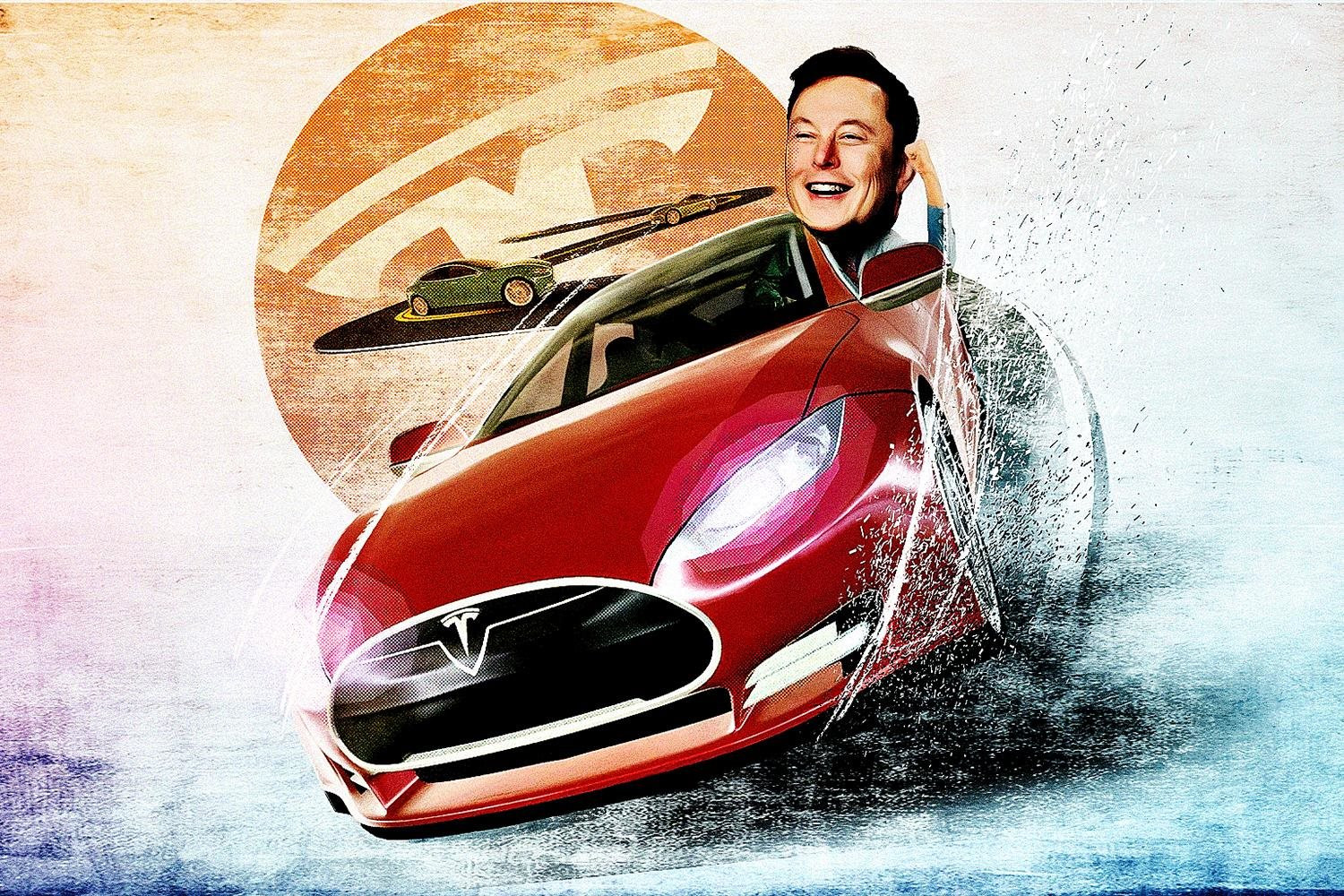
Nevertheless, the company’s ability to recover from its current setbacks will depend on several factors, including how it addresses its declining sales, its relationship with investors, and how Musk’s political activities continue to affect the brand.
As it stands, Tesla faces a critical juncture in its evolution, and its next steps will be pivotal in determining whether it can maintain its position as a leader in the electric vehicle industry.
In conclusion, Tesla’s stock loss at the start of June 2025 reflects a combination of internal and external challenges that are affecting the company’s performance.
Declining sales in Europe, executive stock sales, and Musk’s political controversies are all contributing to the uncertainty surrounding Tesla’s future. As the company works to overcome these obstacles, investors, analysts, and consumers will be closely watching how Tesla navigates these tumultuous waters.
The coming months will be crucial for Tesla, and its ability to recover from this downturn will depend on how effectively it can address its financial and public relations challenges. If Tesla can regain momentum and refocus on its core mission, it could still emerge stronger, but only time will tell whether it can weather the storm.
